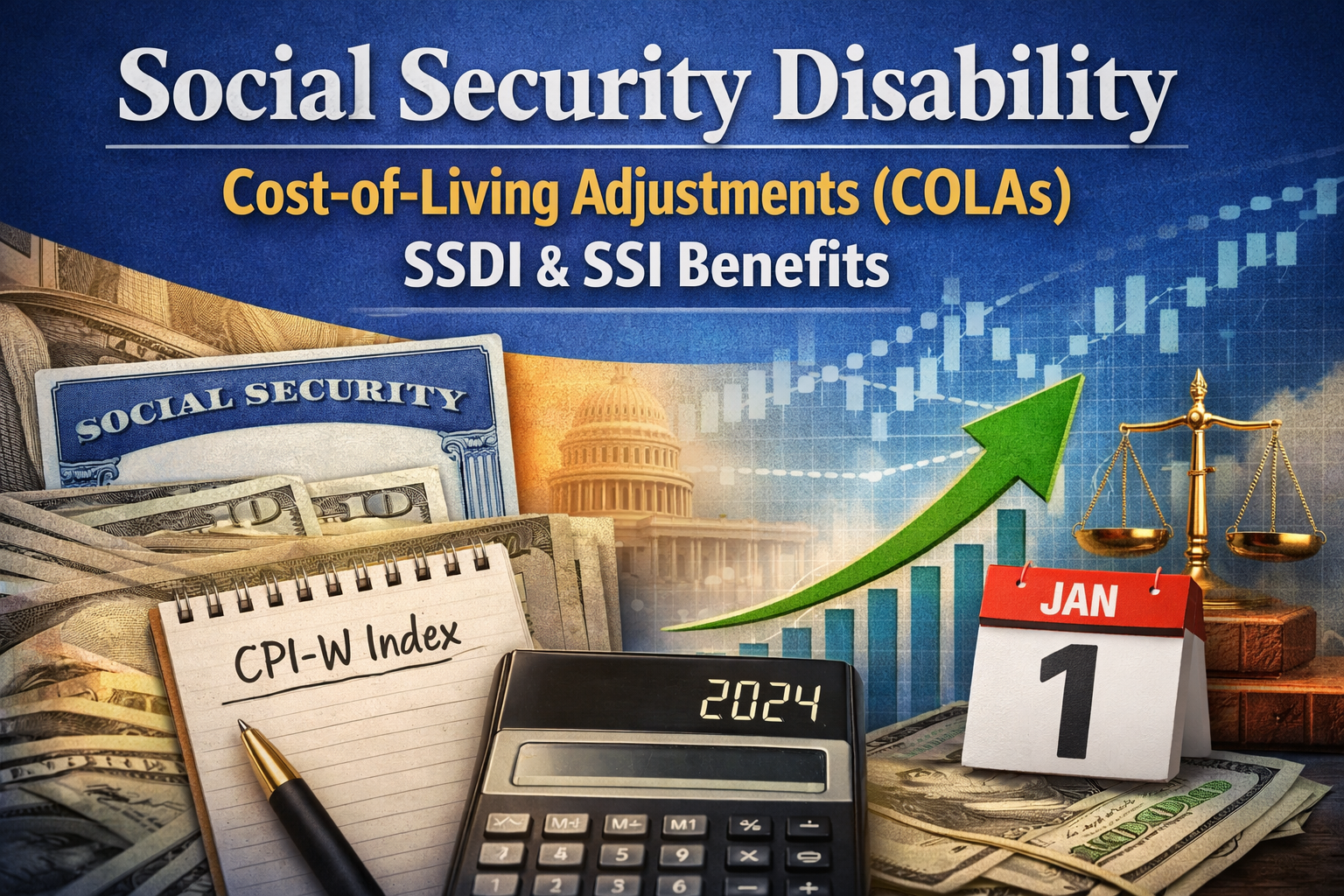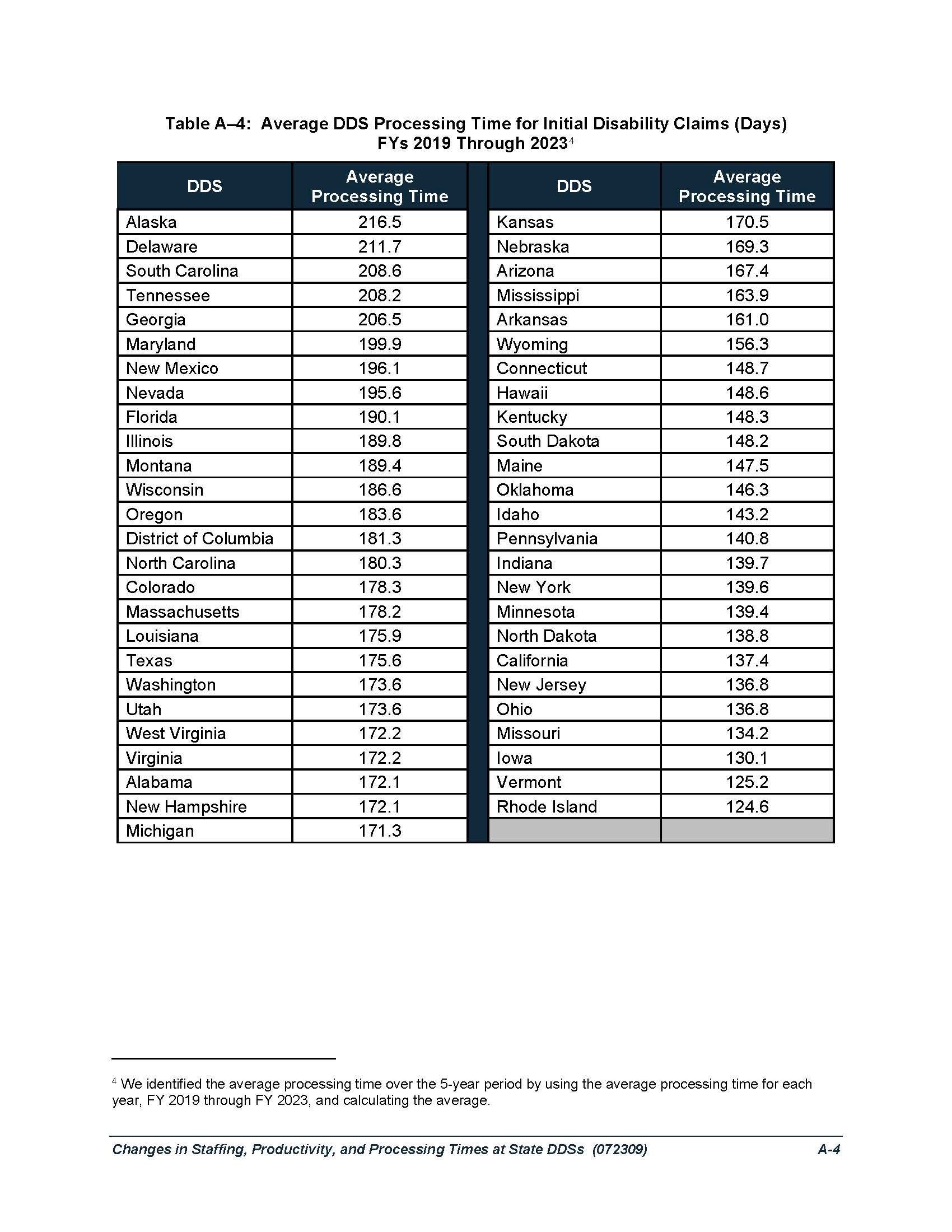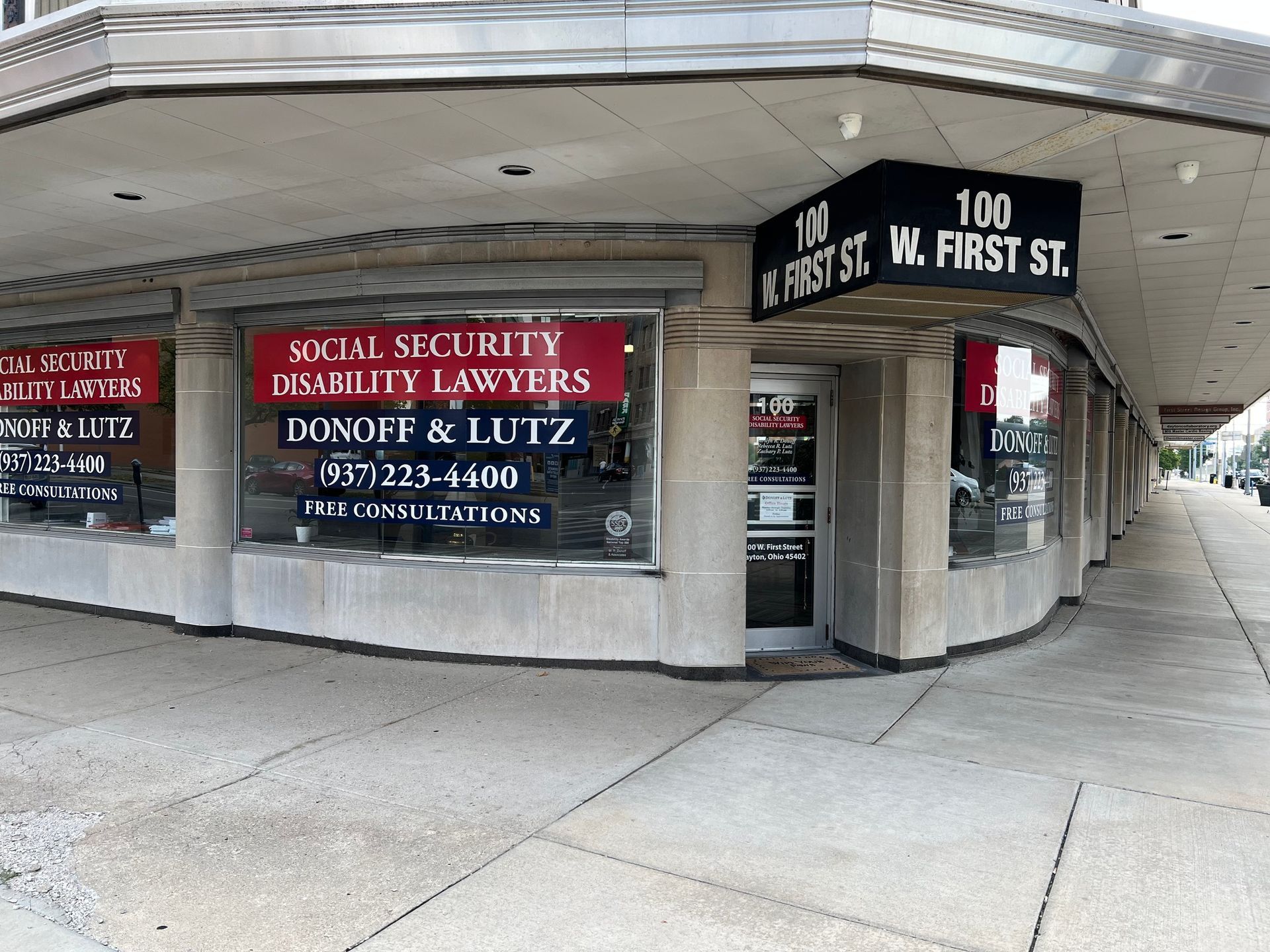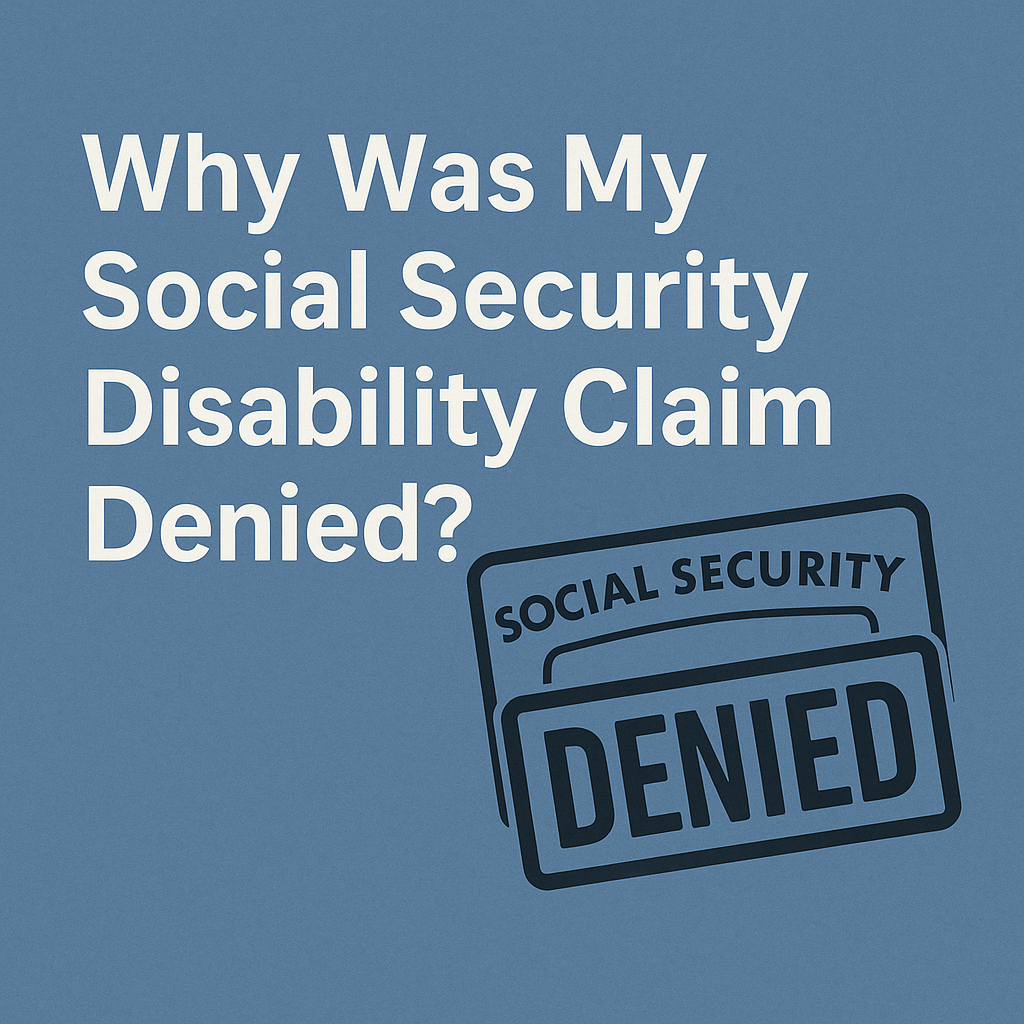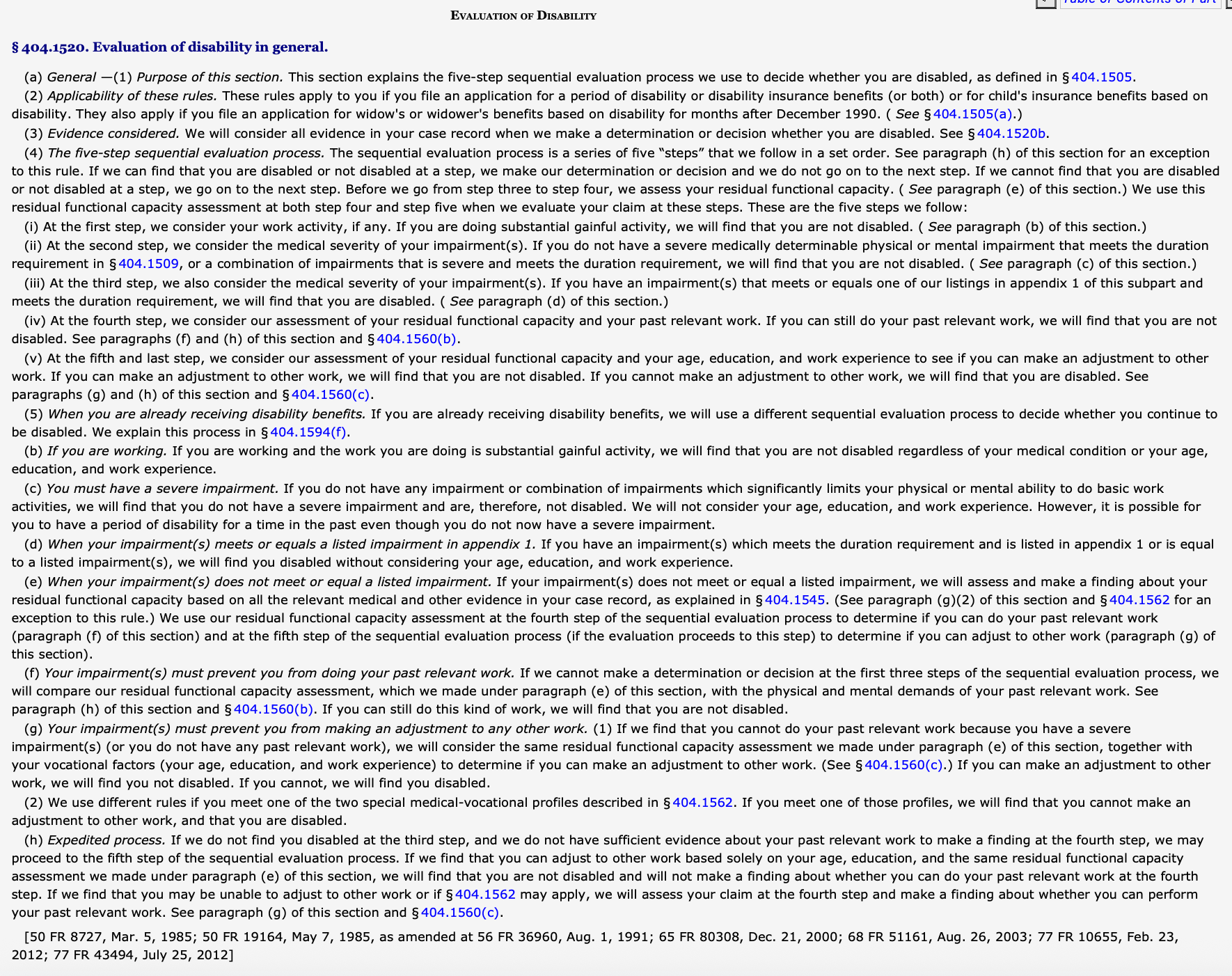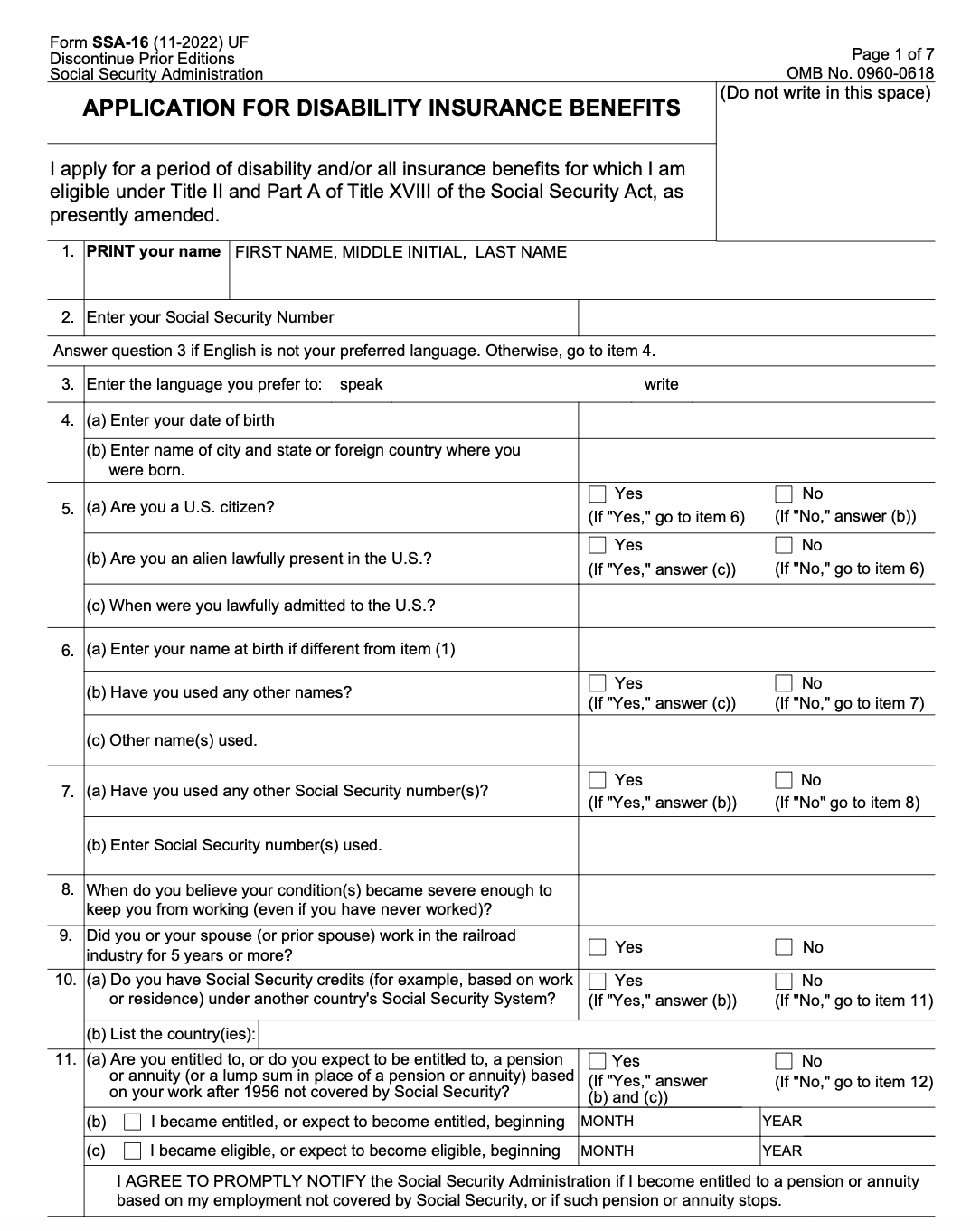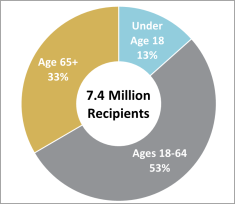Vocational Experts at Social Security Disability Hearings
Vocational Experts Often Determine the Outcome of a Social Security Disability Hearing
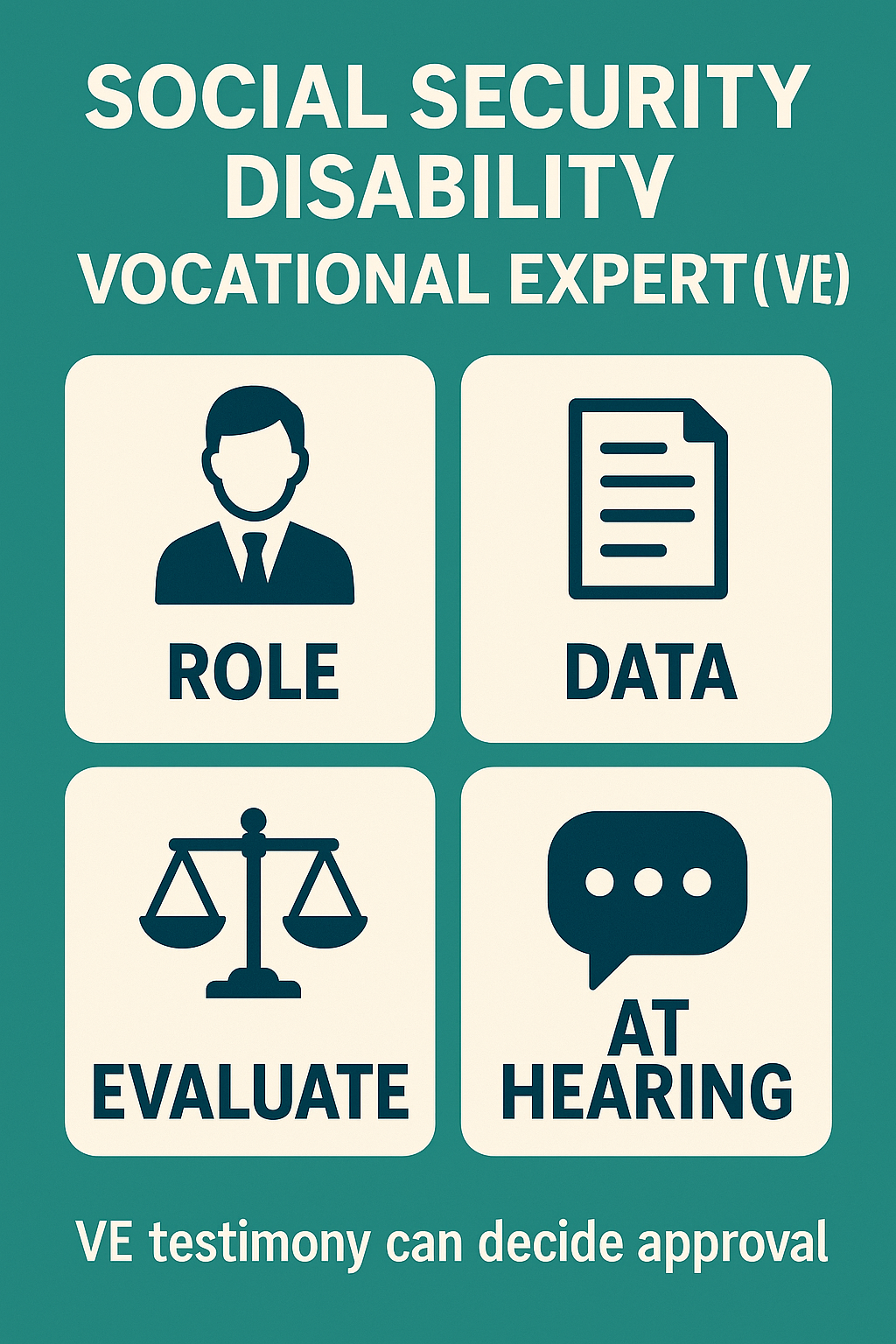
When someone applies for Social Security Disability Insurance (SSDI) or Supplemental Security Income (SSI), the case often reaches a hearing before an Administrative Law Judge (ALJ). At this stage, ALJs routinely have a vocational expert (VE) testify at the hearing. See 20 C.F.R. §§ 404.1566(e) & 416.966(e). The VE provides testimony about whether the claimant has the capacity to work based on limitations proposed by the ALJ or the claimant's representative.
Duties of a Vocational Expert
A vocational expert is (at least in theory) a professional trained in vocational rehabilitation, labor market analysis, and job requirements. Their primary role at the hearing is to provide testimony about whether the claimant can perform:
- Past Relevant Work (PRW): Whether the claimant can still perform jobs they have done in the past, considering their current limitations (20 C.F.R. §§ 404.1560(b) & 416.960(b), SSR 24-2p).
- Other Work in the National Economy: If the claimant cannot perform past work, the VE also testifies whether there are other jobs in significant numbers in the national economy that the claimant could perform, given their age, education, work experience, and residual functional capacity (RFC) (20 C.F.R. §§ 404.1566 & 416.966).
The VE does not propose medical limitations. The ALJ poses hypothetical questions to the VE, which include various combinations of limitations (such as the ability to lift certain weights, stand for limited periods, or restrictions on concentration). The VE then identifies jobs, if any, that fit those restrictions and states how many of those jobs exist in the national economy.
The ALJ is required to give the claimant the opportunity to ask the VE questions. 20 C.F.R. §§ 404.950(e) & 416.1450(e). In most cases, a claimant will hire an attorney who will cross-examine the VE on the claimant's behalf. The attorney typically will ask a series of hypothetical questions that, based on their experience at previous hearings, they know the VE will testify would prevent the claimant from working (and therefore render them "disabled" and entitled to benefits). The attorney should also ask questions about suspicious jobs and job numbers, although the Social Security Administration has tried to protect dubious vocational testimony with a recent rule change. See SSR 24-3p.
Importance of VE Testimony
The VE’s testimony often plays a decisive role in disability cases.
If the VE identifies significant numbers of jobs in the national economy that the claimant can still perform, the claim is usually denied. Conversely, if the VE testifies that no such jobs exist given the claimant’s limitations, the ALJ is likely to rule in the claimant’s favor.
Of course, claimants (or their attorneys) may also challenge the VE’s testimony, for example, by questioning the accuracy of job numbers or by pointing out inconsistencies. ALJs could also inquire about the reliability of VE testimony, but most accept VE testimony without significant questioning.
Qualifications of Vocational Experts
Among Social Security disability practitioners, it’s an open secret that some VEs aren't qualified to testify, and that some consider themselves beholden to the Social Security Administration—on whom they depend for their livelihood.
As a basic matter, some VEs probably lack the training to provide the testimony that they're asked to provide. Many, for example, have some background in disability job placement. But that doesn't mean that they have familiarity with a wide variety of professions, or any familiarity with labor market analysis and statistical methods.
But the government has made clear that it will give broad deference to VEs after they testify. See SSR 24-3p. In our experience, at least, judges have higher standards for "experts" in other areas of litigation, see, e.g., FRE 702, and courts are more suspicious of expert testimony as "substantial evidence" in nearly every other area of law.
Impartiality of Vocational Experts
Technically, vocational experts are meant to serve as impartial experts whose duty is to provide neutral, professional testimony to assist the ALJ in making a fair decision. They are not formally representatives of the Social Security Administration.
Claimants and advocates have raised concerns about whether VEs are truly impartial. Because VEs are contracted and compensated by the Social Security Administration to appear at hearings, they likely feel pressure to provide testimony that supports the agency’s interest in denying claims. When the Social Security Administration issues new rules on what they want from VE testimony—such as recent changes in SSR 24-3p—many attorneys quickly find that VE testimony suspiciously parrots the government's preferred answers.
For example, we recently had a hearing where an expert testified that someone could perform a job that was based on preparing microfilm (a job that even the government has acknowledged questions about its existence, see EM-24027). When we cross-examined the expert about whether he could provide evidence that the job still exists without obsolete technology, the expert refused to answer our questions on the grounds that the claimant was not paying him. (We should note that the claimant has authorized our office to speak and write about the hearing.)
Based on experiences like these, many argue that VEs can overstate the number of available jobs, creating a perception that they are more aligned with the SSA than with the claimant. Or, in other cases, they might claim that the person can perform obviously non-existent jobs: We once had a case turn on whether there were any "dowel inspector" jobs in the U.S. economy.
Judicial Review of VE Testimony
Although vocational expert testimony is generally accepted without question at the hearing level, it can be reviewed by Article III judges. Federal courts have repeatedly addressed the reliability of VE testimony when claimants appeal unfavorable decisions. For example, district courts often examine whether the ALJ properly questioned the VE, whether job number estimates were supported by substantial evidence, and whether the VE cited obviously non-existent jobs. In many cases, courts have remanded claims back to the ALJ for further proceedings because VE testimony was found inadequate or unsupported.
Cross-Examination
Vocational experts serve as crucial witnesses in Social Security disability hearings, providing expert analysis on whether a claimant can work despite medical limitations. Given concerns about their role, it's absolutely vital that you cross-examine your VE and review their testimony.
Disclaimer: The information provided in this blog is for general informational purposes only and does not constitute legal advice. Reading this blog does not create an attorney-client relationship. For advice specific to your situation, please contact Donoff & Lutz, LLC directly to speak with an attorney.
